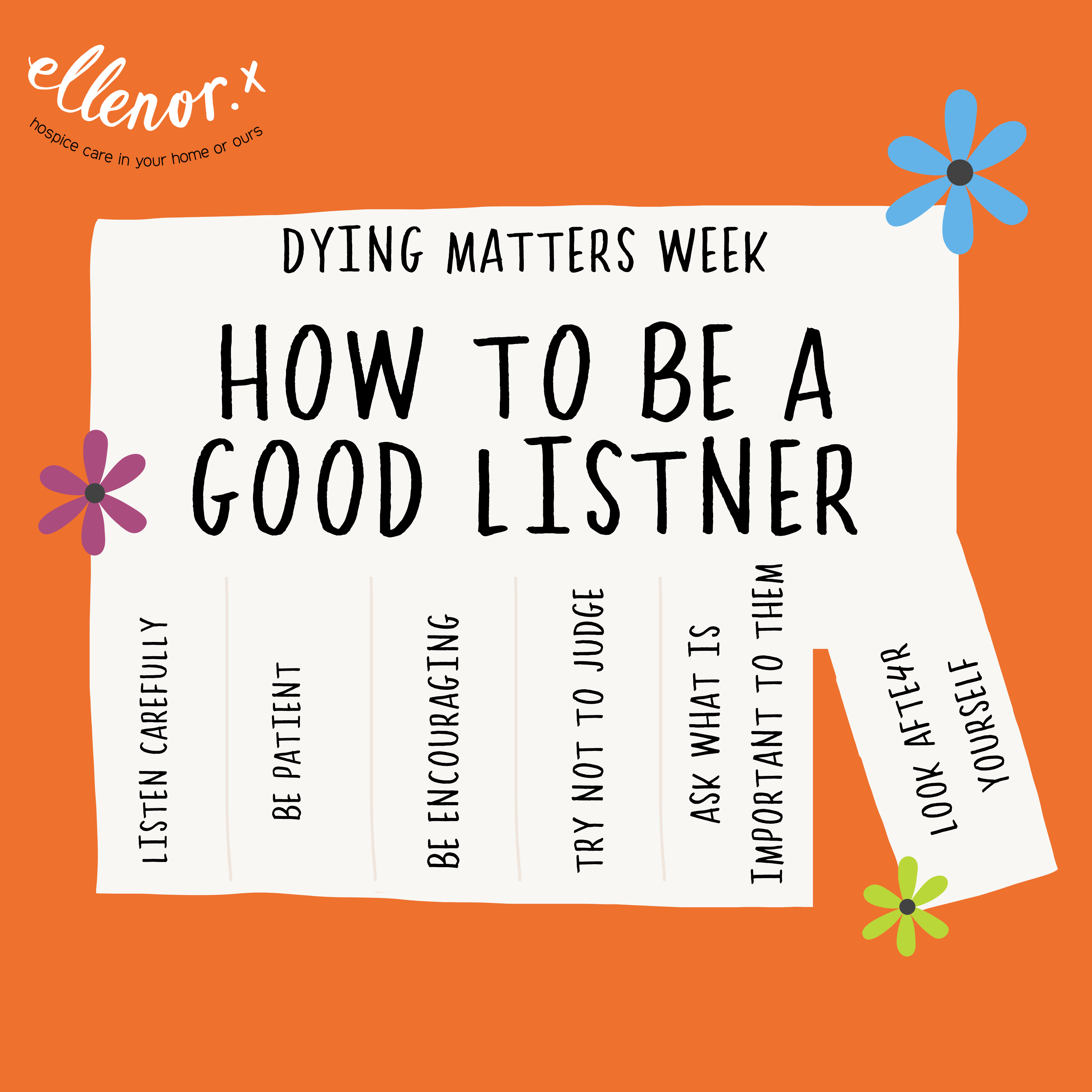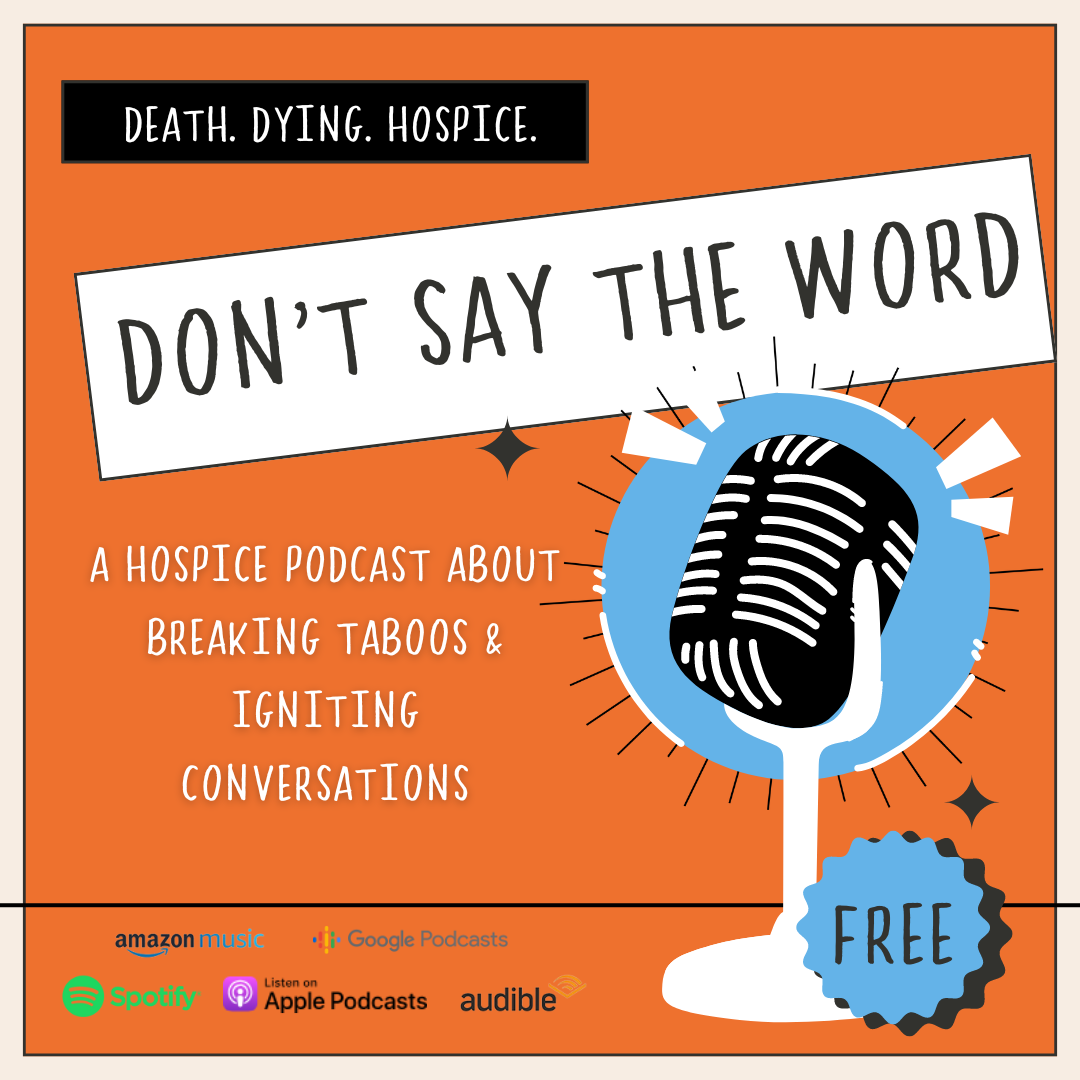The Way We Talk About Dying Matters
Dying Matters Awareness Week will take place from 6 - 12 May 2024.
Every year, people around the UK use Dying Matters Awareness Week as a moment to encourage all communities to get talking in whatever way, shape or form works for them.
This year’s theme, ‘The way we talk about Dying Matters’, focuses on the language that we use, and conversations we have, around death and dying – specifically between healthcare professionals and patients, their carers and their families.















